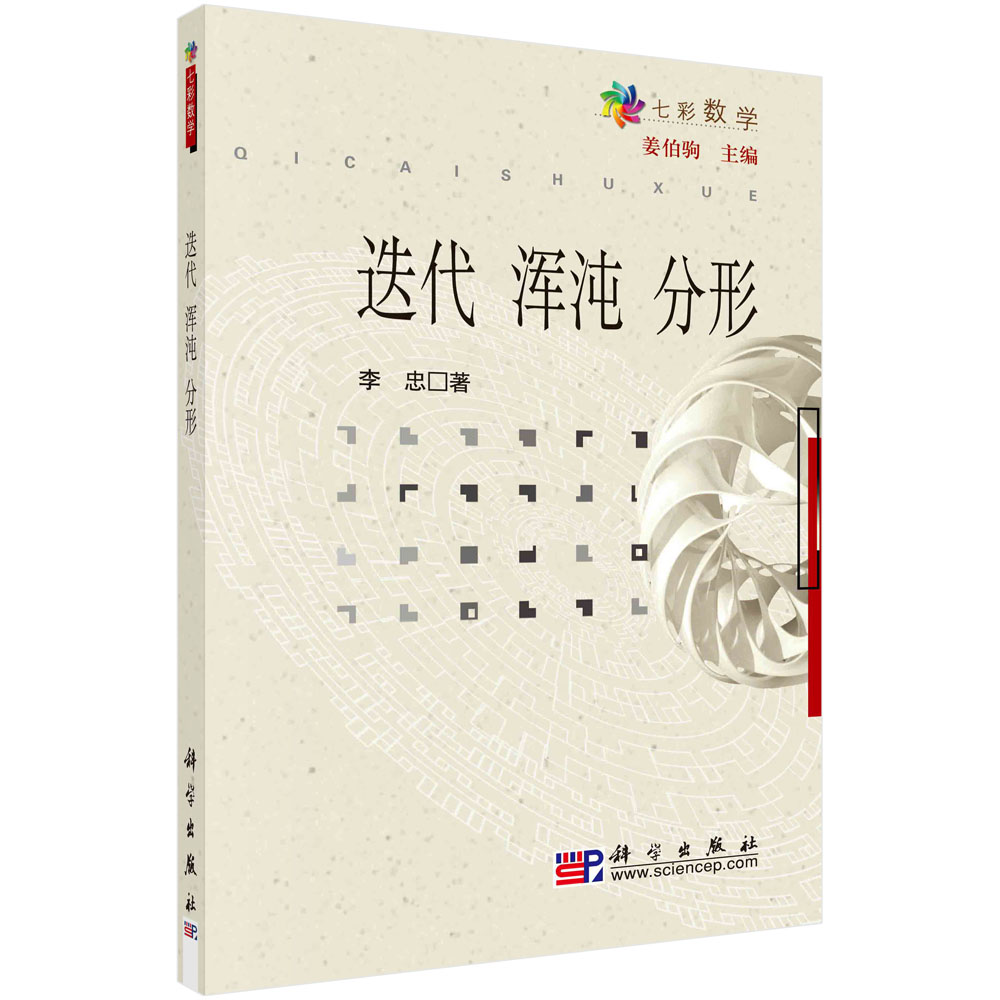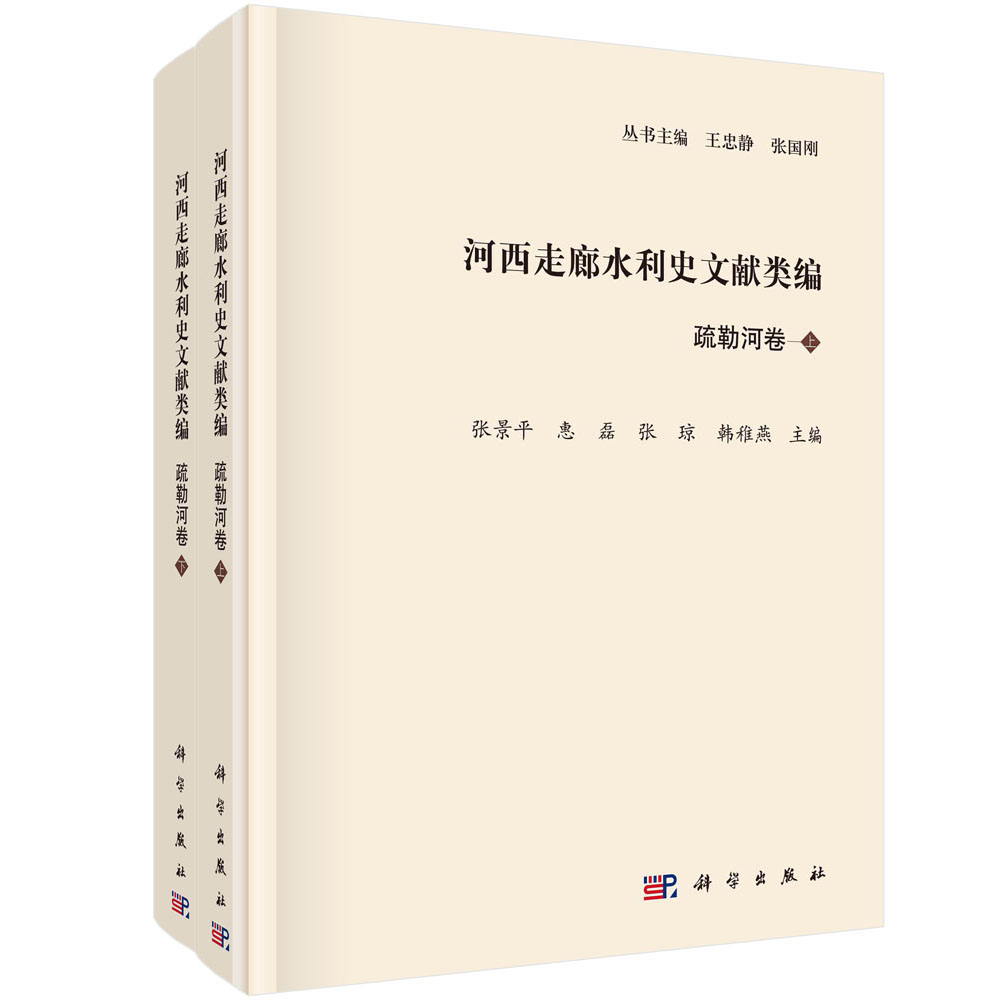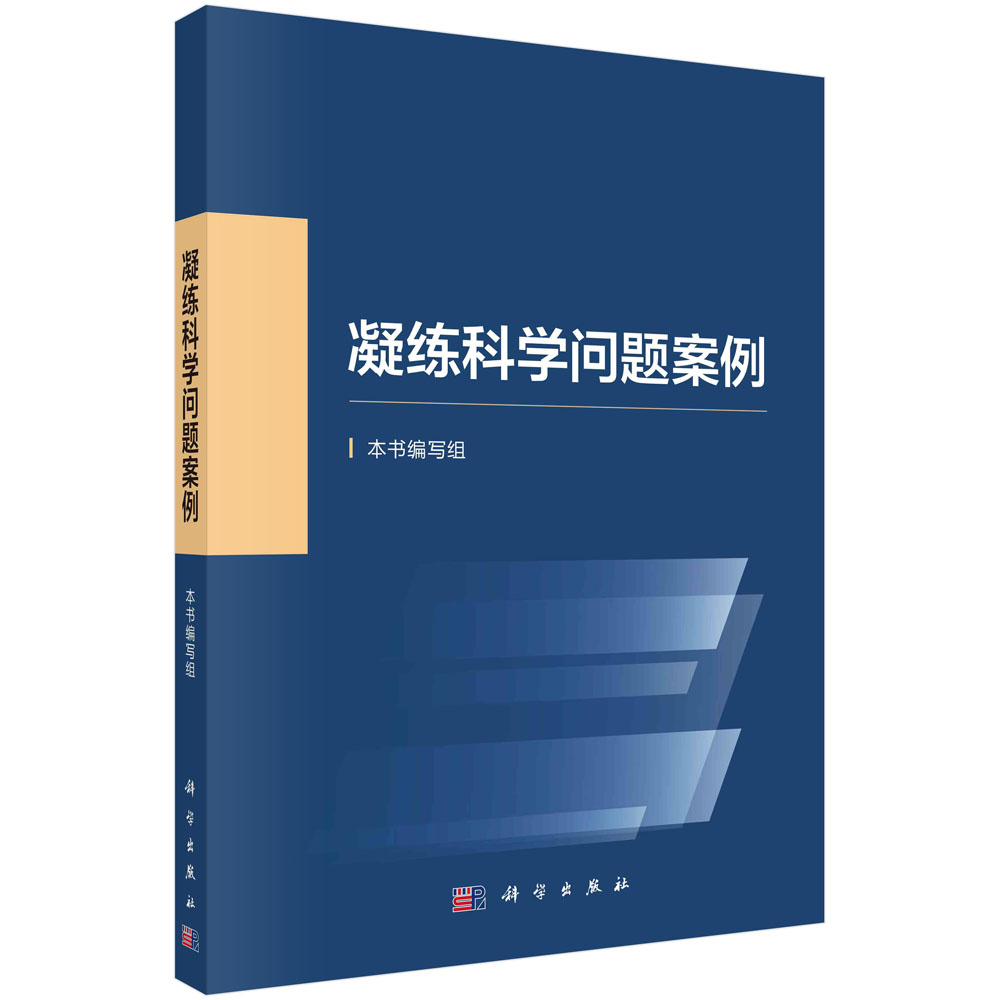本研究以系统功能语学评价理论的态度意义子系统为研究框架,以抽象名词的语义-认知和词汇-语法模式为研究为出发点,对英语语篇中的具有高频特征的抽象名词的态度意义作基于语料库的实证研究。研究发现,抽象名词是语篇制造者明示和引发态度意义的重要资源,在一定程度上是人际意义研究的理论拓展和方法创新。
样章试读
目录
丛书序 i
序 iii
前言 vii
Chapter 1 Introduction 1
1.1 Preliminaries 1
1.2 The Rationale of Attitudinal Studies on Packing Nouns 3
1.3 The Objectives of the Present Study 9
1.4 The Organization of This Study 11
Chapter 2 Packing Nouns Diffused in Studies of Abstract Nouns 14
2.1 Introduction 14
2.2 Traditional-grammatical Studies of Abstract Nouns 15
2.2.1 The Monistic Approach to Abstract Nouns 16
2.2.2 The Dualist Approach to Abstract Nouns 19
2.2.3 The Trichotomist Approach to Abstract Nouns 20
2.3 Philosophical Studies of Abstract Nouns 22
2.3.1 The Controversy of the Existence of Abstract Entities 22
2.3.2 The “Container” Image of Abstract Nouns 24
2.4 Systemic Functional Study of Abstract Nouns 27
2.4.1 Structurally-based Studies of Abstract Nouns 28
2.4.2 Lexically-based Studies of Abstract Nouns 34
2.5 Corpus Linguistic Studies of Abstract Nouns 36
2.5.2 Studies Mentioning the Evaluative Function of Packing Nouns in
Passing 39
2.6 Other Studies 42
2.7 Summary 44
Chapter 3 Packing Nouns and Attitudinal Resources in Discourse
47
3.1 Introduction 47
3.2 Packing Nouns Revisited 47
3.2.1 The Cognitive Characteristics of Packing Nouns 48
3.2.2 The Semantic Characteristics of Packing Nouns 54
3.3 The Lexico-grammatical Patterns of Packing Nouns 62
3.3.1 Semantic Co-referentiality and Cognitive Identity 63
3.3.2 The Lexico-grammatical Patterns of Packing Nouns 67
3.4 The Interpersonal Information of Packing Nouns 72
3.4.1 Packing Nouns and Information Loss in Nominalization 72
3.4.2 The Attitudinal Information of Packing Nouns 75
3.4.3 Attitudinal and Non-attitudinal Packing Nouns 78
3.5 Strategies of Attitude Realization in Discourse 80
3.5.1 Attitude Inscription in Discourse 80
3.5.2 Attitude Invocation in Discourse 82
3.5.3 The Interaction of Inscription and Invocation 83
3.6 Attitudinal Packing Nouns and Attitude Inscription 84
3.7 Non-attitudinal Packing Nouns and Attitude Invocation in
Discourse 87
3.8 Packing Nouns Redefined in the Framework of Attitude
Realization in Discourse 93
3.9 Summary 94
Chapter 4 Research Design 98
4.1 Introduction 98
4.2 Identifying the Optimally Representative Packing Nouns 99
4.2.1 The Corpus, the Concordance Tool and the Queries 99
4.2.2 Data Processing 100
4.2.3 A Survey of the Results of the Corpus Inquiry 105
4.3 Analyzing the Attitude of Packing Nouns 108
4.3.1 The Approach: Corpus-based and Corpus-driven 109
4.3.2 The Frequency Assumption 111
4.3.3 From Semantic Preference to Discourse Prosody 112
4.3.4 Extending and Broadening the Concordance Lines 114
4.3.5 The Two Frequent Labels in the Attitudinal Analysis of Packing
Nouns 118
4.4 Summary 120
Chapter 5 Attitudinal Packing Nouns as Resources for Attitude
Inscription 124
5.1 Introduction 124
5.2 “Problem” Nouns as the Resources for Negative Appreciation 126
5.2.1 Appreciation Inscription by “Problem” Nouns 127
5.2.2 The Negativity of the Appreciation Inscribed by “Problem”
Nouns 130
5.3 “Advantage” Nouns as the Resources for Positive Appreciation 134
5.3.1 Appreciation Inscription by “Advantage” Packing Nouns 134
5.3.2 The Positive Appreciation Inscribed by “Advantage” Nouns 136
5.4 “Anxiety” Nouns as the Resources for Negative Affect 138
5.4.1 Affect Inscription by “Anxiety” Nouns 138
5.4.2 The Negative Affect Inscribed by “Anxiety” Nouns 140
5.5 Summary 141
Chapter 6 Non-attitudinal Packing Nouns as Resources for Attitude
Invocation 143
6.1 Introduction 143
6.2 Factual Nouns as Resources for Attitude Invocation 146
6.2.1 General Factual Nouns 146
6.2.2 Causal Nouns 163
6.2.3 Evidentive Nouns 173
6.2.4 Comparative Nouns 176
6.2.5 Partitive Nouns 179
6.2.6 Normative Nouns 182
6.3 Meta-linguistic Nouns 184
6.3.1 Meta-linguistic Nouns Further Grouped 184
6.3.2 Propositional Nouns 188
6.3.3 Illocutionary Nouns 191
6.4 Mental Nouns 195
6.4.1 Mental Nouns Further-grouped 195
6.4.2 Creditive Nouns 197
6.4.3 Volitional Nouns 203
6.5 Modal Nouns 214
6.5.1 Modal Nouns Further Classified 214
6.5.2 Modalization Nouns 215
6.5.3 Modulation Nouns 223
6.6 Eventive Nouns 228
6.7 Circumstantive Nouns 230
6.7.1 Manner Nouns 231
6.7.2 Temporal Nouns 233
6.8 Summary 235
Chapter 7 Conclusion and Points for Further Research 241
7.1 Summaries of General and Specific Findings 241
7.2 Points for Further Research 248
References 250
Appendices 264
Appendix I. The Queries Applied in BNC in This Study 264
Appendix II. CLAWS5 Tagset 265
Appendix III. The Frequency Lists of the Pattern N+be+cl Before and
After Cleaning 267
Appendix IV. The 779 Packing Nouns with Z Scores Attached 268
Appendix V. The 90 Optimally Representative Packing Nouns 277]]>



















